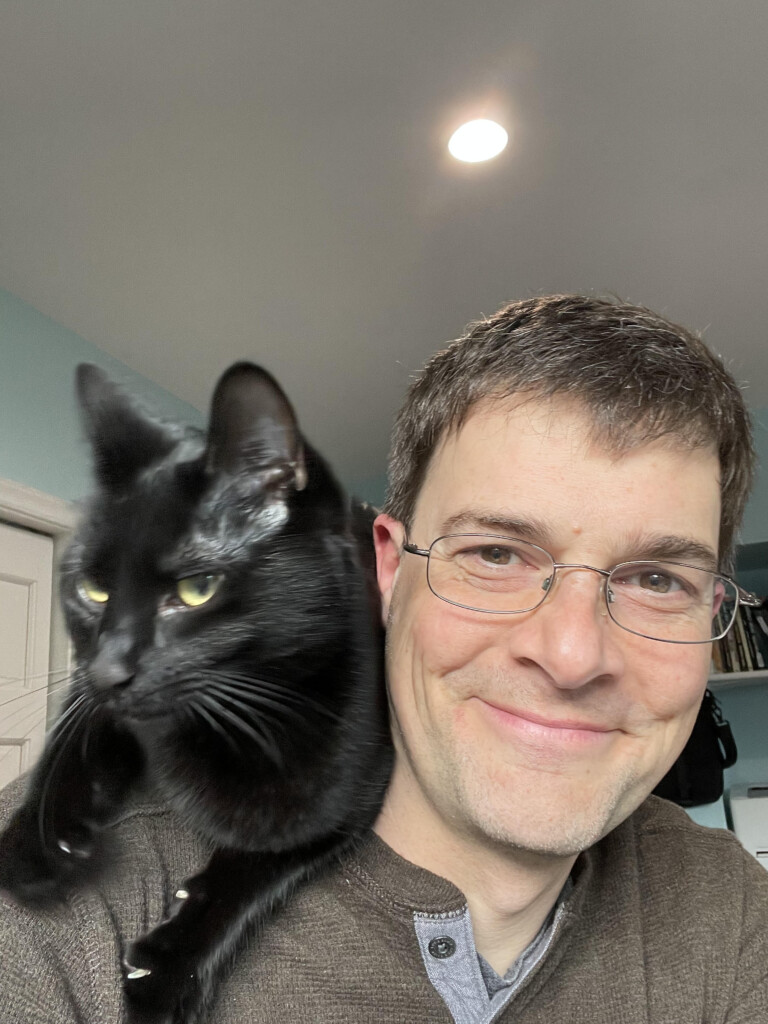Introduction
By Kevin J. O’Brien, Dean of Humanities
Spring, 2022
This issue marks an important transition for the Division of Humanities. As of this summer, the Humanities programs —English, Languages & Literatures, the Language Resource Center, the Master of Fine Arts in Creative Writing, the Parkland Literacy Center, Philosophy, and Religion— will merge with others to form a new College of Humanities, Interdisciplinary Studies, and Social Sciences at PLU. Change is never easy, but this new structure will present opportunities, particularly by allowing us to build stronger connections among programs that share a deep commitment to the liberal arts.
As I have been pondering this transition, I have been re-reading back issues of Prism. The Division of Humanities has produced this publication since 1987, and so it offers an energizing record and a meaningful tribute to the learning, community, and scholarship nurtured here. You can re-read all of our old issues, too, at www.plu.edu/prism/documents. This issue will offer a sample of what you’ll can find there, re-publishing a selection of the voices, ideas, and projects that have been highlighted in Prism over the years.
I am grateful to Jim Albrecht (former Dean, current Chair of English) who came up with the idea for this issue, and worked with the rest of the Humanities Chairs Council —Agnes Choi (Religion), Mike Schleeter (Philosophy), and Paul Manfredi (Languages and Literatures)— to help select articles. Tracy Williamson, Assistant to the Dean, was invaluable in organizing the issue, tracking down photographs, and offering historical context. Continuing a recent tradition of student involvement, communication major Alex Reed (’23) created a new layout for each contribution and built this year’s website.
On the main page, the essays are organized into three categories, reflecting on the humanities, teaching, and scholarship. I introduce them here with a more idiosyncratic categorization, taking my inspiration from some of the division’s leaders in their own introductions over the last 35 years.
Intersecting Visions of Humanities
In the very first issue of Prism, Dean Janet Rasmussen explained the publication’s title this way:
The role of the humanities is, in some measure, to present and polish the prism, so that our vision may be both clear and wondrous. To study the humanities is to confront the very nature of being human as we explore expressions of the heart, mind and soul. What for us is the prism? The literary imagination, spiritual quests through the ages, texts of the great philosophers, the power of language. Just as importantly, the humanities mold the critical eye, so that the flashes of brilliance, the paradoxes, the intellectual and aesthetic transformations, may be discerned and appreciated.
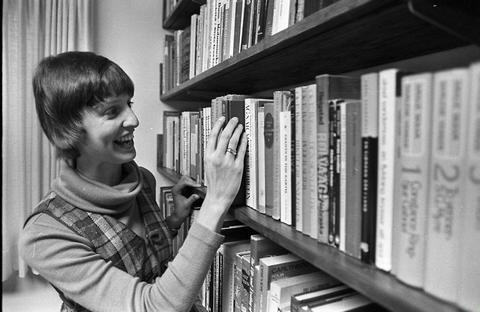
The “clear and wondrous vision” of humanistic inquiry is demonstrated throughout the essays we are re-publishing. For example, six language faculty offer a series of translations of Emily Dickinson’s “Wild Nights,” moving it through 5 other languages before re-translating a different but still delightful poem into English. This exploration of meaning and expression captures the “literary imagination” Dean Rasmussen referenced.
The “critical eye” of scholarship is also demonstrated in English professor Chuck Bergman’s reflection on how the humanities can and should learn from the living presence and complex reality of non-human animals. And the “intellectual and aesthetic transformations” that our teaching makes possible are reflected in the pedagogical insights of professors Jen Jenkins and Kirsten Christensen, who explain their interdisciplinary approach to teaching the literature and cultural history of the German-speaking world.
The Energizing Challenge of Diversity
In 1993, Dean Paul Menzel noted the division’s concerted efforts to incorporate issues of diversity and equity into our work. He argued that “issues of power and voice are at the heart of th[is] effort,” and made a provocative connection between Lutheran Higher Education and the writings of Malcolm X:
Malcolm, the separatist who could throw his sharpest arrows at a predominantly white university, saw education as the sine qua non of self-determination. A Lutheran university can not only celebrate that latter commitment with him, but in the recognition of his own need for identity, it can respect his call for relevant separatism. Here lurk subtleties, difficulties, dangers, even contradictions—but nonetheless, living, undaunted hopes.
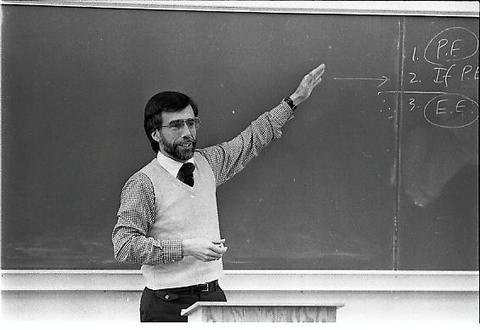
The subtle, difficult, and vitally important work of honoring diversity and respectfully learning from the wide array of human experience has been integral to the work of our division. This is well-demonstrated by the essay “Gendered Tongues,” co-authored by Hispanic and Latino Studies professor Tamara Williams, which highlights the importance of women’s insights in the teaching of language and the structural changes required to fully include and empower women as both teachers and students.
Further expanding attention to equity and justice, Norwegian professor Troy Storfjell writes about the importance of Indigenous voices and methodologies as a challenge to traditional western and colonial academic methodologies, previewing the work that became PLU’s Native and Indigenous Studies Program. Religion professors Brenda Llewellyn Ihssen and Suzanne Crawford O’Brien similarly emphasize the importance of diverse religious histories and communities in any defensible understanding of “health,” previewing ongoing work toward an academic program in Health Equity and Health Humanities.
Learning from and with Humanities Students
In 1995, Dean John Peterson focused his attention on teaching and appreciated the “quiet, everyday efforts” of humanities faculty. He argued that these efforts have a significant, lasting impact:
These seemingly common tasks reflect our commitment to the challenges of teaching and learning. In calling attention to a twist of phrase, opening up an unknown text, and exploring a new mode of analysis, faculty and students become colleagues in the learning process.
When students and faculty work in the disciplines and methods of the Humanities, Peterson suggests, we grow more fully in touch with our own humanity and the humanity of others across the world. English professor Scott Rogers demonstrates this and argues that it continues in a range of contexts and a range of media in his essay “Locating Humanities in the 21st Century.”
In “Gaps and Gifts,” Patricia Killen similarly reflects on the art and the importance of meeting students where they are to help them learn from the texts, traditions, and ideas we teach. Rick Barot adds to this discussion with “The Two Desks,” including a fascinating account of how his experience as a student has shaped his own teaching of poetry.
Collaborative Integrations
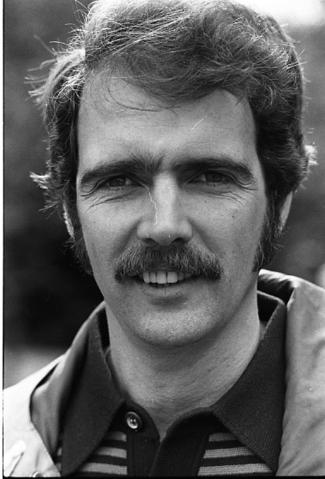
In 2001, Dean Keith Cooper acknowledged Prism’s 14th year with an appreciation of how many people had collaborated to make the publication a success:
Nineteen faculty have served on the editorial board, ably assisted by the division’s administrative associate (for the past ten years, Susan Young) and with the guidance or, usually, benign neglect of four different deans. Prism has served to educate, to inform, to question, occasionally to challenge or frustrate, and always to intrigue. It reveals the intellectual vitality of Humanities faculty, a vitality that has seemed only to increase these past few years.
The collaborative, intellectual vitality of the division is evidenced in every issue of Prism; humanities as we practice it is an integration of many diverse ways of knowing. For example, Religion professor Doug Oakman demonstrates that humanistic contemplation is advanced not only by his own field of Biblical studies, but also the study of sociology, philosophy, poetry, and linguistics.
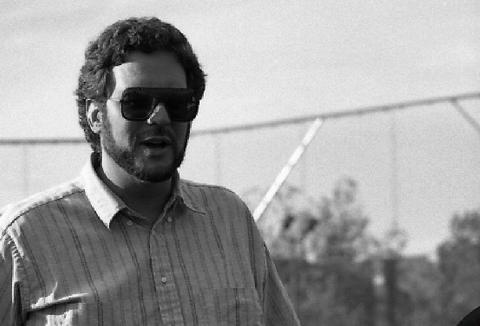
Along similar lines, Philosophy professor Paul Menzel demonstrates the power of a collaboration between patients, doctors, and philosophers to reflect on the complexities of administering growth hormone treatments to children of short stature. Erin McKenna, also a Philosophy professor, reflects on how collaboration with her students inform her writing, making scholarship and teaching “fluid aspects of one process.”
For the Good of the World
In 2003, Dean Barbara Temple Thurston emphasized that all the work we do in humanities is committed to “that project at the heart of liberal learning: the humanization of life on this earth.” She continued:
Through wise and careful teaching, the hopes and struggles of the globe enter the classroom and the hallway. We are, indeed, fortunate to have a faculty who offer their scholarly expertise to each other and to students who search for meaning in a world marked by suffering and hope.
Such global awareness and commitment shapes Religion professor Samuel Torvend’s current research into how Benedictine practices with roots in the 6th century can inform contemporary efforts at sustainable living. A student author captures Dr. Torvend’s insights into what monks and nuns have to teach the rest of us: the particularities of the places we live, the power of communal justice, and the importance of dedicating ourselves to the future.
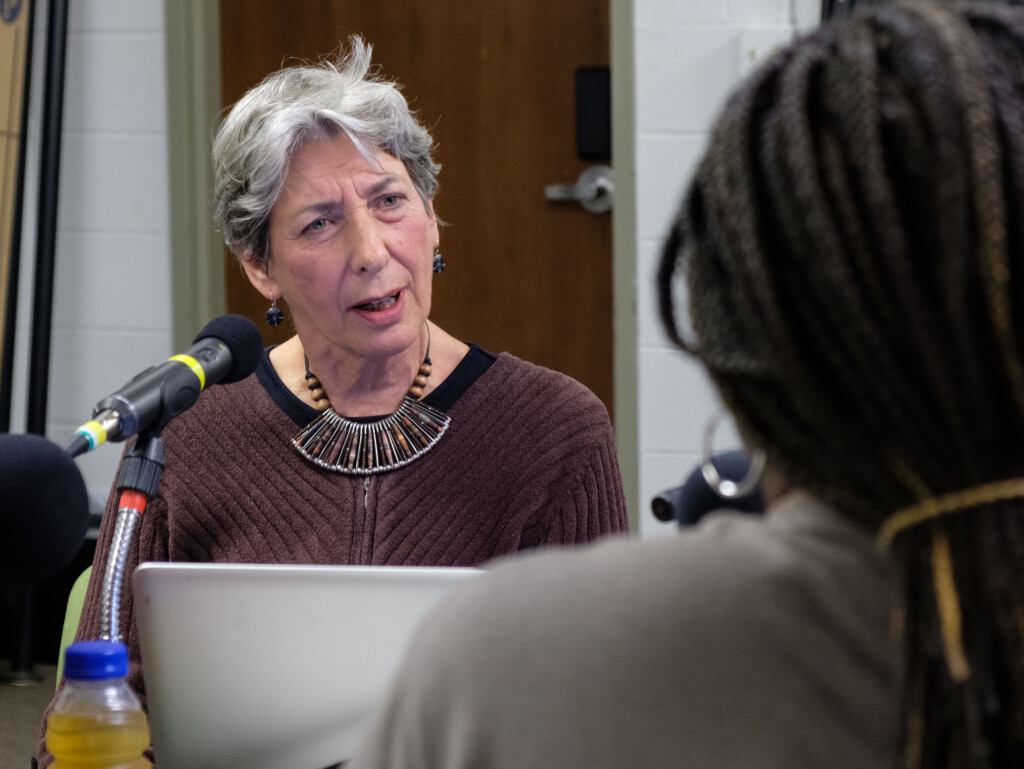
In an essay from 2003, philosophy professor Pauline Shanks Kaurin responds to the then-likely war in Iraq by calling for a “conspiracy of goodness,” learning from French resistors who saved thousands of refugees from the Nazis in the last century. French professor Roberta Brown responds critically and pointedly to the changing landscape of higher education by examining the roots of the liberal arts globally and in her own life.
Honoring the Past
In 2007, Dean Doug Oakman noted that the work of the Humanities depends on a deep appreciation of and engagement with the past, using a J-term trip to Rome to reflect on “the vicissitudes of history and the quirkiness of human memory.” He concluded:
In the twilight of the Roman evening, over fine Italian wine, one may contemplate how much we owe our humanity and our hopes to the generations before us.
As Doug emphasizes, we understand our humanity because of those who have brought us into the world and taught us how to relate to it. Classics professor Erik Nelson demonstrates this playfully and powerfully in an essay that brings Ebenezeer Scrooge and Martin Luther into a conversation about the importance, power, and vulnerability of human language.
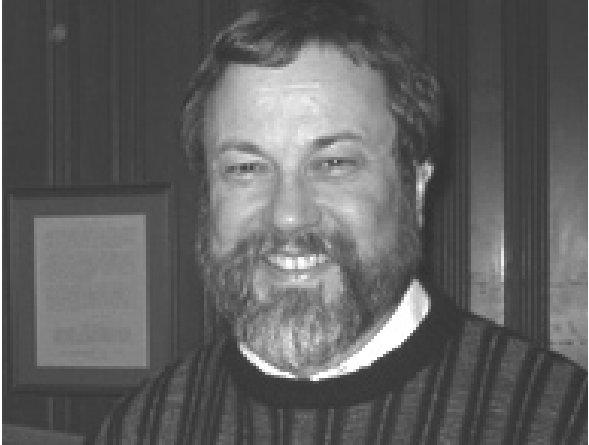
Keith Cooper shows that contemporary questions about faith and reason have precedent in a long tradition of philosophical and theological discourse, using that tradition to defend religious belief that is not just compatible with but informed by science. Mark Jensen uses philosophical and literary traditions to reflect on the very project of history, commenting on contemporary debates about art while learning from a 19th-century French novelist.
The Future of the Humanities at PLU
The 18 essays collected in this year’s issue of Prism demonstrate that our division has learned from the past to engage the concerns of the present, collaboratively working with our students and across disciplines to expand our cultural awareness, to prismatically reflect the complex truths of our world, and to work for justice and inclusion.
In 2011, Dean Jim Albrecht noted that the work of humanistic scholarship and education was growing more difficult. The Great Recession and changing national priorities posed particular challenges to programs like ours. “We’ve had to tighten our belts, like everyone else,” he reported. But he emphasized the enduring importance of the work we do to our university and to the world:
The Humanities remains central to PLU’s educational mission, and our Humanities faculty and students continue, semester in and semester out, to do inspiring work. . . . A PLU education does indeed prepare one for a life of “thoughtful inquiry, service, leadership, and care.”
Writing 11 years later, with continuing economic and social uncertainty, I must also report that we’ve faced serious budgetary challenges at PLU, which have had a profound impact on the humanities. Next year we will sadly not be offering degrees in Classics, German, or Nordic Studies. All of our programs have seen reductions, and this spring some colleagues are completing their final year of teaching earlier than they had intended. These have been difficult times.
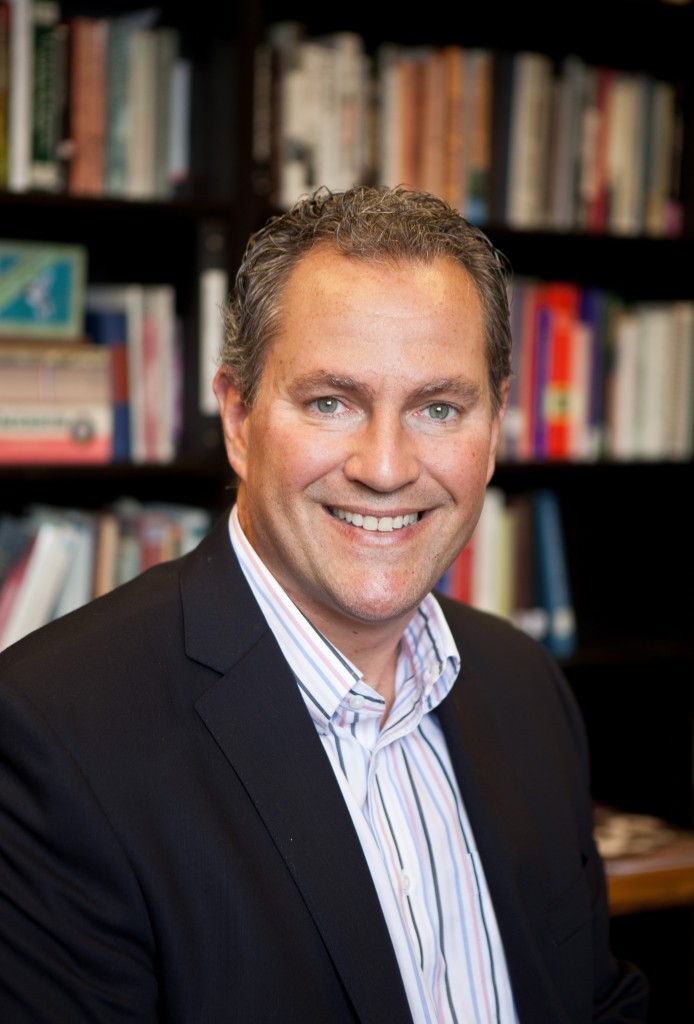
However, I’m glad to also echo Jim’s thesis from 2011: the humanities remain central to PLU’s mission, and the inspiring work of our faculty and students will continue. Moving into a new structure next year will hopefully allow us to build on what remains and to ensure that humanistic learning is even more integrated into every PLU student’s education.
I do not know if there will be more issues of Prism after this one, but I do know that the faculty of the humanities will keep in touch with our alumni and current students. Communication is at the heart of what we do, and we find the meaning of our work in the ways you use what you’ve learned. So, we hope you will also keep in touch with us.
I also know that the faculty of humanities will continue to seek the “clear and wondrous vision” to which this publication has aspired for 35 years, because we know that humanistic engagement with literature, faith traditions, the history of ideas, and language are essential for the thriving of all human communities.
